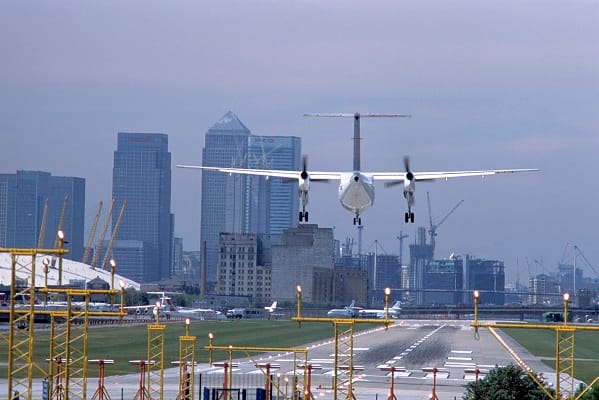Lighthouse workers have walked out on Monday over a dispute in pay for the first time ever for 24 hours.
The Unite union who represent seafarers have said around 40 people which are employed by the Northern Lighthouse Board (NLB) who ensure vessels are safely travelling through Scottish waters are wanting more than the government’s 2% pay offer.
A spokesman for the NLB said: “We sympathise with the cost-of-living pressures our staff face, but Northern Lighthouse Board is bound entirely by UK Government pay policy.
“The current pay award was subject to an exhaustive Department for Transport (DfT) approval process, which leaves us with no room for manoeuvre.
“We have put contingency measures in place to ensure mariners are provided with an effective safety of navigation service while the action is underway.”
Unite general secretary Sharon Graham said, “Unite’s NLB members have been left with no option but to take a stand. What’s on offer is a brutal, real-terms pay cut.
“With energy costs, inflation and interest rates climbing to heights not seen for decades, a 2% offer just doesn’t cut it.
“We will continue to push the boat out in defence of our members, and they will have our full support in their fight for better jobs, pay and conditions.”
Alison MacLean, the union’s industrial officer, urged the Scottish Government to apply pressure on UK ministers.
She said: “The strike action by our NLB members is historic and the first in a generation. The reality is that talks with the NLB have run aground.
“This is largely down to the UK Government, who finance the NLB, not providing the extra finances required to make a better offer to our members.
“We are demanding that the Scottish Government intervene and apply pressure on the UK Government to resolve this dispute or it is in danger of remaining in troubled water.”
The NLB maintains 208 lighthouses across Scotland and the Isle of Man.
A UK Government spokesperson said: “Public sector pay strikes a careful balance between recognising the vital importance of public sector workers, while delivering value for taxpayers and avoiding higher prices in the future.”








